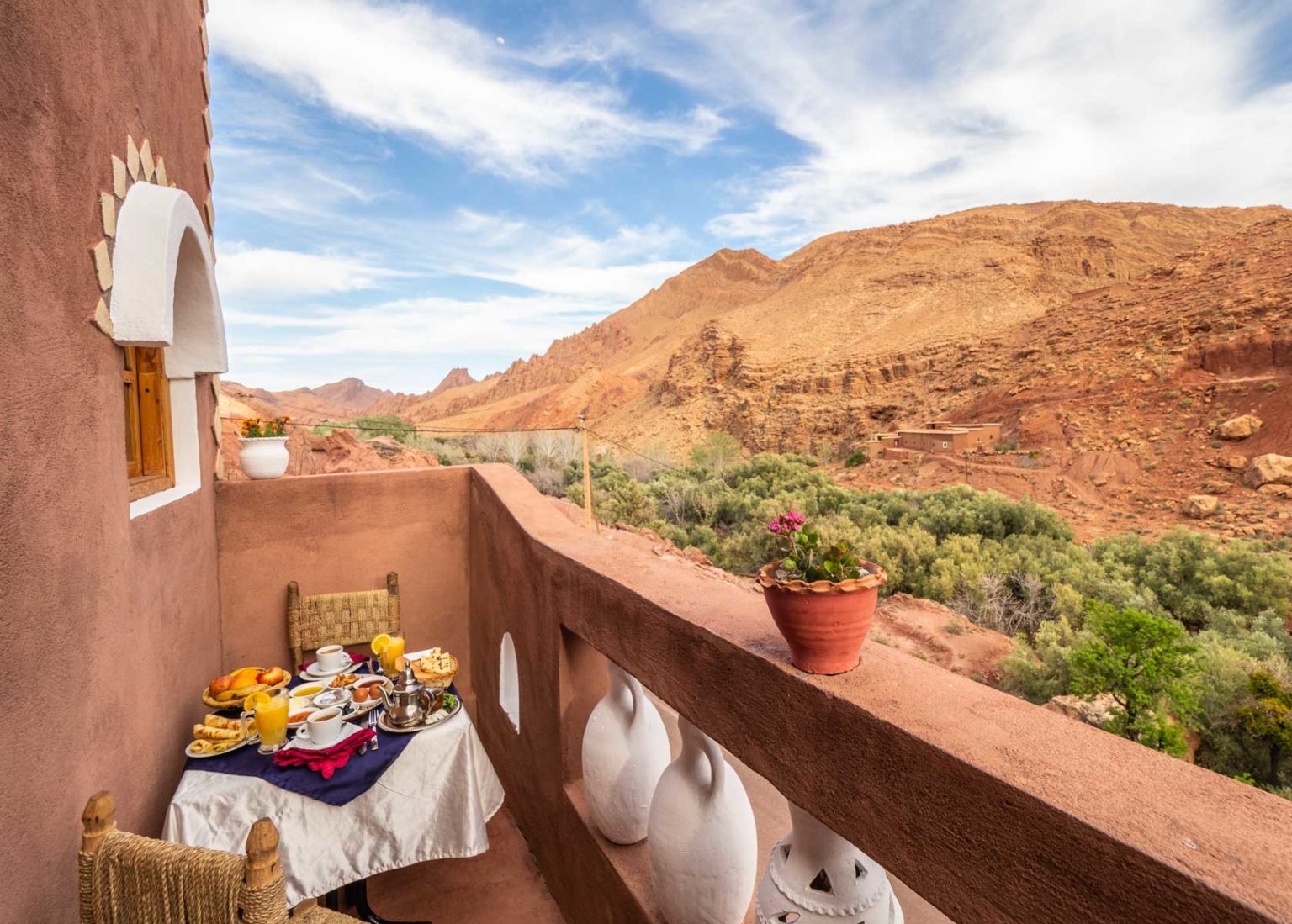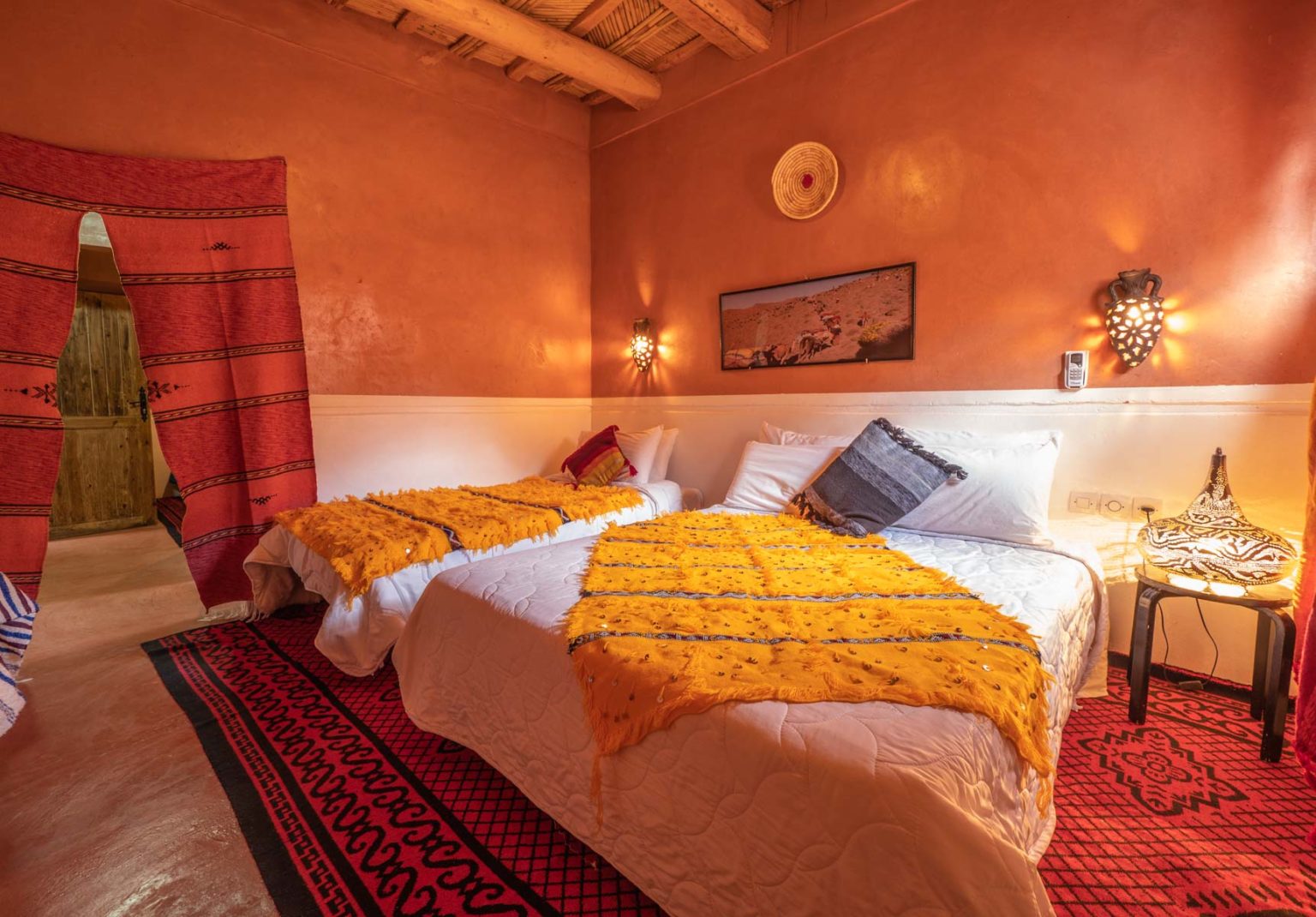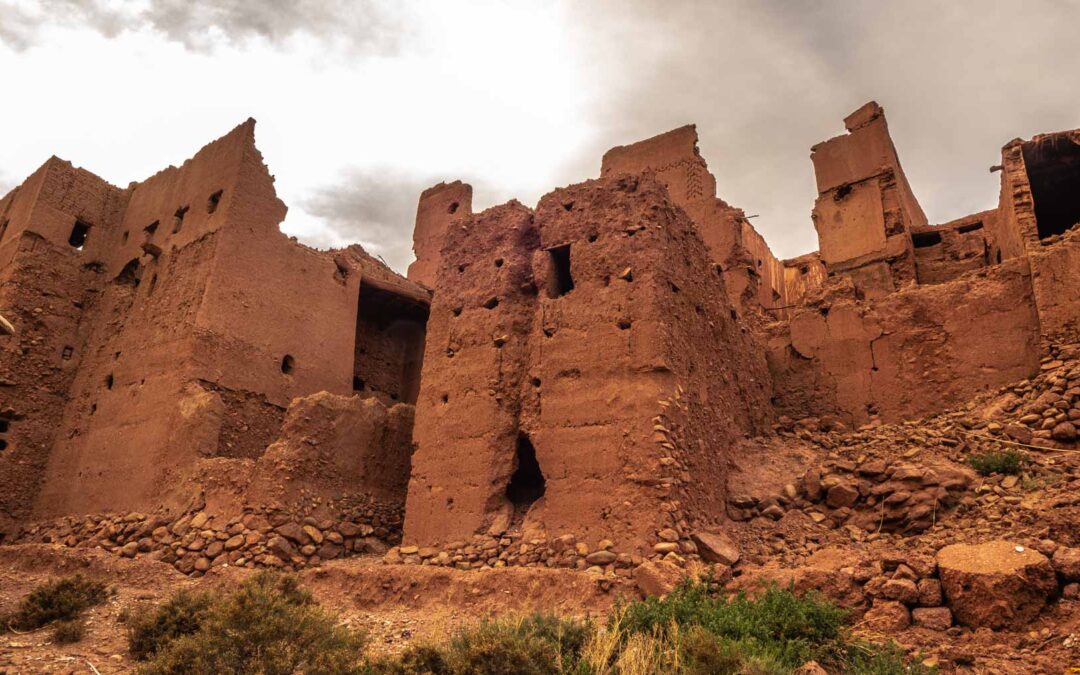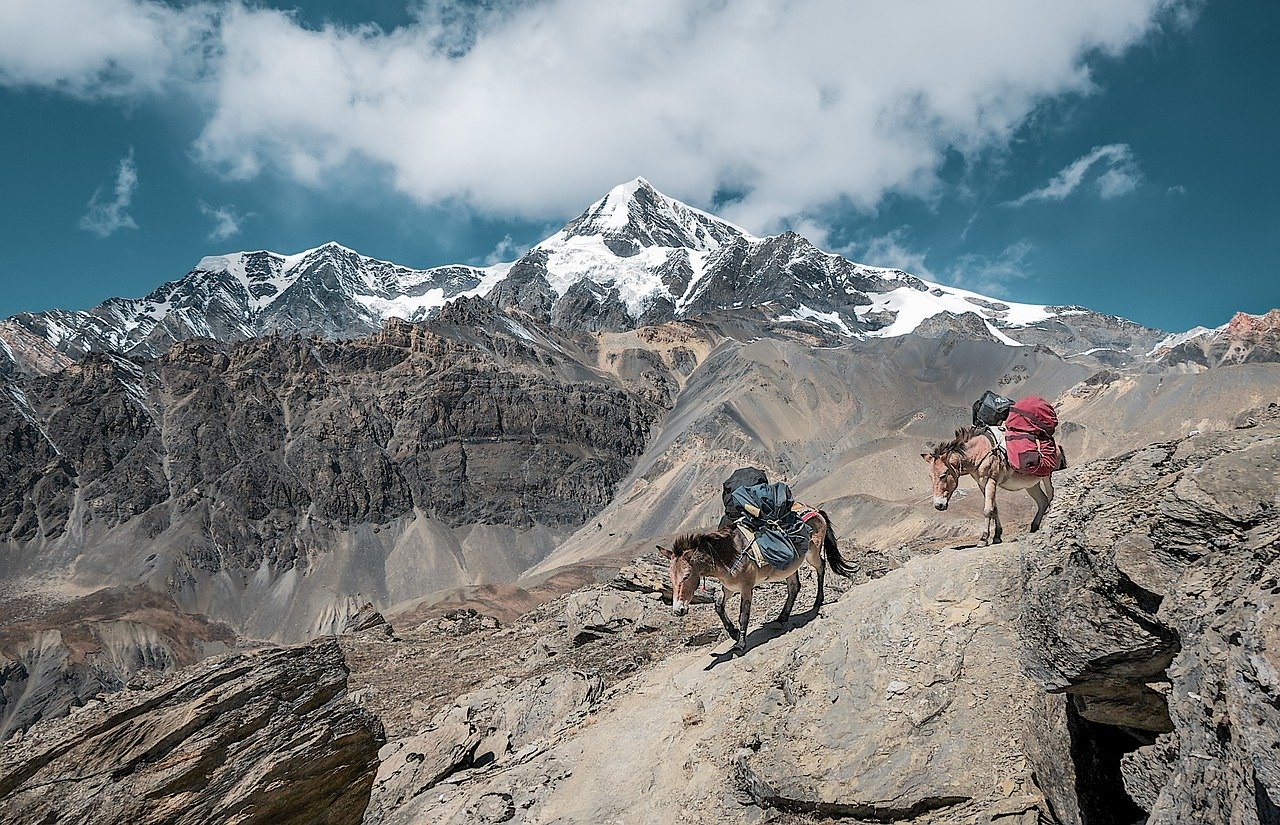
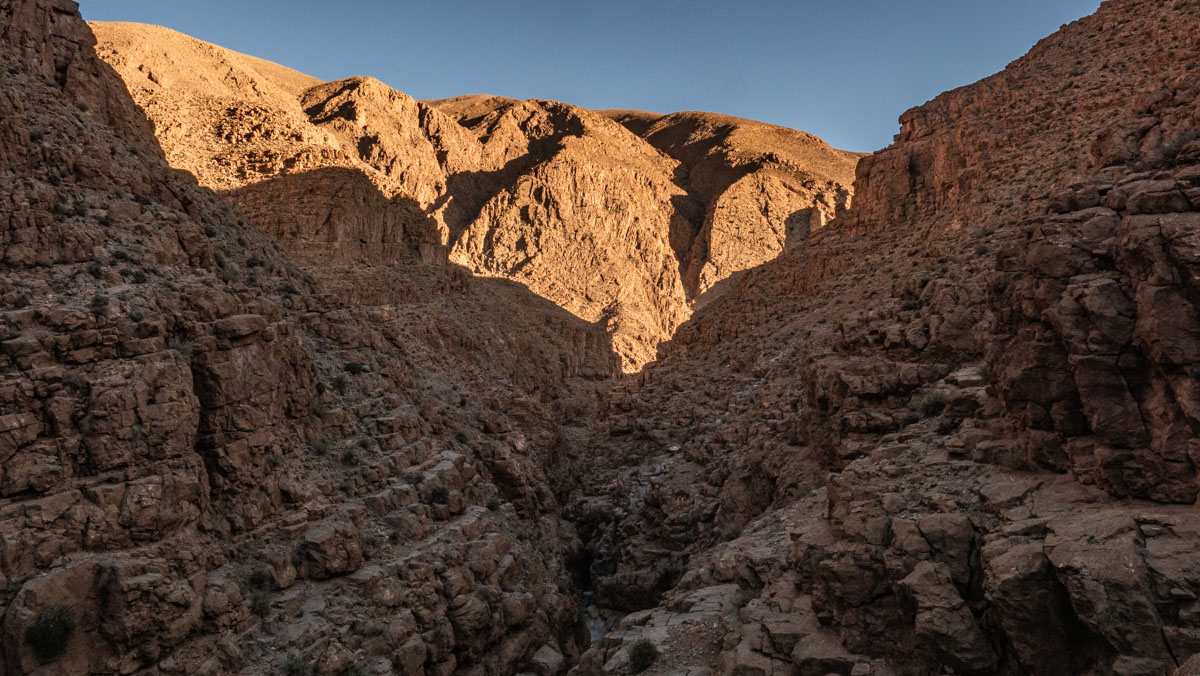
The Importance of the Atlas Mountains in Moroccan History
Introduction
Morocco, a country known for its rich history and diverse landscapes, is home to the majestic Atlas Mountains. These mountains play a crucial role in the history and culture of Morocco, shaping the way of life of its people for centuries. In this article, we will explore the significance of the Atlas Mountains in Moroccan history, focusing on their importance as a natural barrier, a source of resources, and a cultural symbol.
Geographical Significance
The Atlas Mountains, stretching across Morocco, Algeria, and Tunisia, are the backbone of North Africa. In Moroccan history, these mountains have served as a natural barrier, protecting the inland regions from invasions and providing a strategic advantage in times of conflict. The rugged terrain and high peaks of the Atlas Mountains made it difficult for foreign powers to penetrate deep into Moroccan territory, allowing the local Berber tribes to maintain their independence and autonomy.
Cultural Heritage
The Atlas Mountains are not only a geographical feature but also a cultural symbol for the people of Morocco. The Berber tribes that have inhabited the region for centuries have developed unique traditions, crafts, and languages that are deeply rooted in the mountainous landscape. The Atlas Mountains have inspired countless works of art, music, and literature, reflecting the spiritual connection that the Berber people have with their natural surroundings.
Economic Importance
Aside from their cultural and historical significance, the Atlas Mountains also play a vital role in the economy of Morocco. The fertile valleys and river basins around the mountains provide ideal conditions for agriculture, allowing the cultivation of a variety of crops such as olives, almonds, and fruits. The mountains are also rich in mineral resources, including lead, copper, and silver, which have been mined for centuries and contributed to the wealth of the region.
Auberge Atlas Dades: A Gateway to the Atlas Mountains
For travelers seeking to explore the beauty and history of the Atlas Mountains, Auberge Atlas Dades is a perfect starting point. Situated in the Dades Valley, this charming guesthouse offers stunning views of the mountains and a warm Berber hospitality experience. Guests can enjoy traditional Moroccan cuisine, guided treks through the mountains, and cultural exchanges with local Berber communities.
Conclusion
In conclusion, the Atlas Mountains are not just a physical feature on the map of Morocco; they are an integral part of the country’s history, culture, and economy. From serving as a natural barrier to inspiring artistic expression, the Atlas Mountains continue to play a significant role in shaping the identity of Morocco and its people. For travelers looking to immerse themselves in the beauty and heritage of this region, a visit to Auberge Atlas Dades is a must.
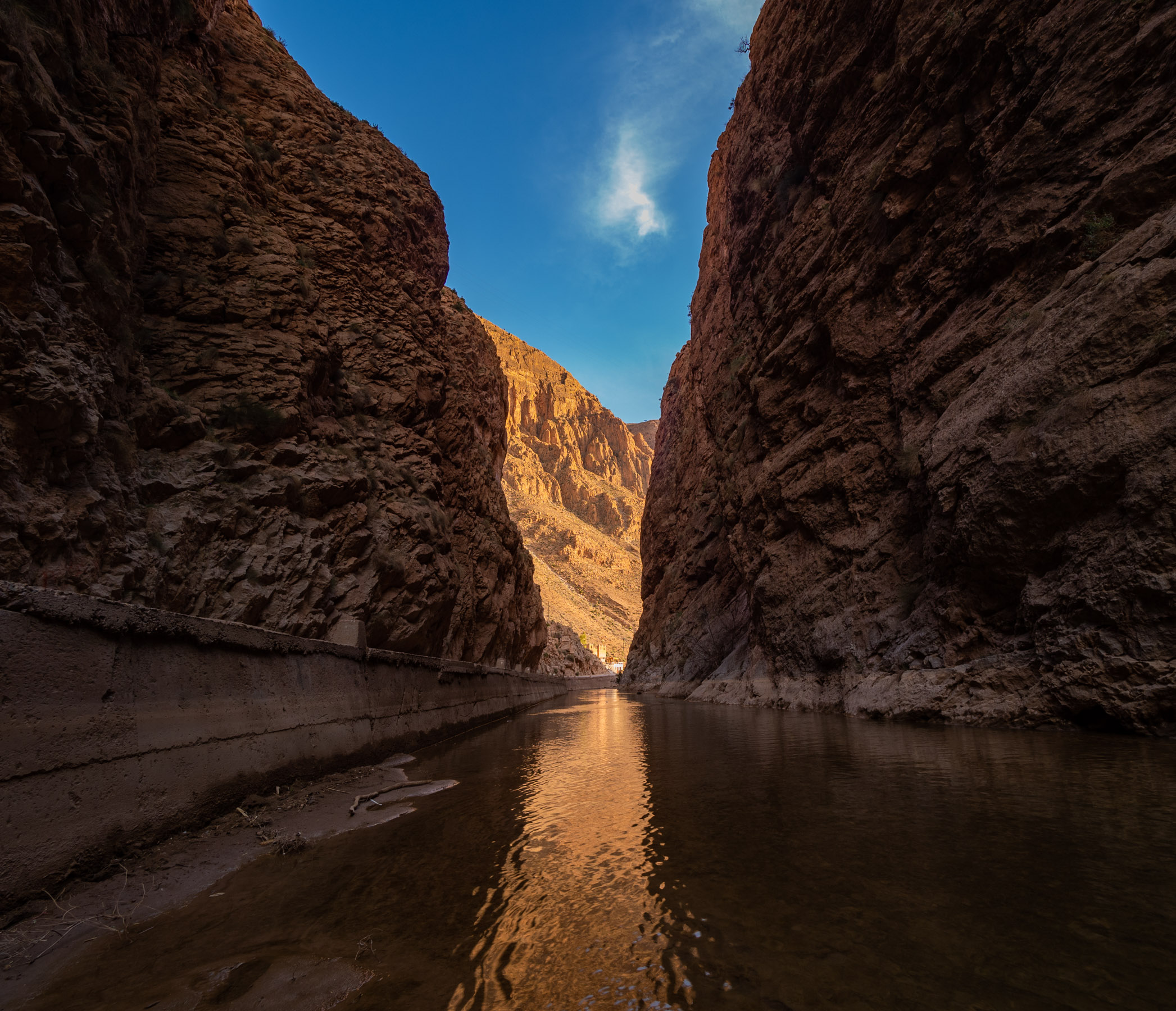
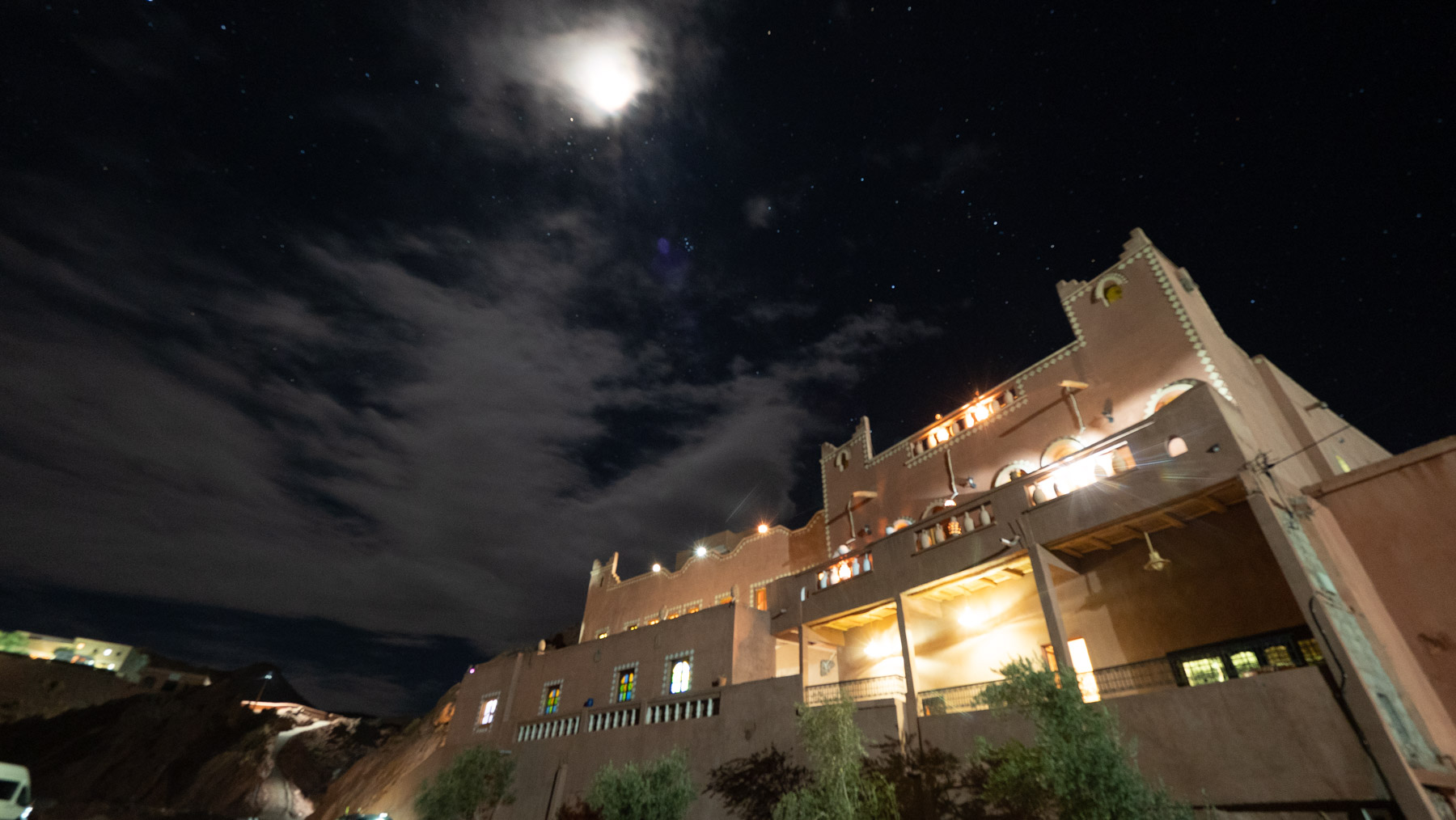
Exploring the Significance of the Atlas Mountains in Moroccan History
When it comes to understanding the rich tapestry of Moroccan history, one cannot overlook the pivotal role played by the Atlas Mountains. These majestic peaks, stretching across a vast expanse of the country, have not only shaped the physical landscape but have also influenced the cultural and historical development of Morocco over the centuries.
Understanding the Geographical Importance
The Atlas Mountains are a defining feature of the Moroccan landscape, running diagonally across the country from the southwest to the northeast. Their rugged terrain and towering peaks have served as natural barriers, dividing the country into distinct regions with unique climates and ecosystems. This geographical diversity has played a crucial role in shaping the history of Morocco, influencing trade routes, settlement patterns, and cultural interactions.
Tracing the Historical Significance
From ancient Berber tribes to medieval dynasties, the Atlas Mountains have been at the center of Moroccan history. The strategic location of these mountains made them a natural stronghold for various rulers, who sought to control the lucrative trade routes that crisscrossed the region. The mountains also provided a refuge for resistance movements and rebellious tribes, shaping the course of Moroccan history through their strategic importance.
Exploring Cultural Influences
Beyond their strategic and geographical importance, the Atlas Mountains have also had a profound cultural impact on Morocco. The Berber communities that inhabit the mountainous regions have preserved their unique traditions and way of life, maintaining a strong connection to the land and its history. Visitors to the Atlas Mountains can immerse themselves in this rich cultural tapestry, experiencing traditional music, crafts, and cuisine that reflect the heritage of the region.
Practical Tips for Exploring the Atlas Mountains
For travelers eager to delve into the history and beauty of the Atlas Mountains, here are some practical tips:
- Guided Tours: Consider joining a guided tour led by local experts who can provide insights into the history and culture of the region.
- Proper Gear: Make sure to pack appropriate clothing and footwear for hiking in the mountainous terrain.
- Respect Local Customs: Be mindful of the cultural norms and traditions of the Berber communities you encounter during your travels.
- Stay Hydrated: The high altitude of the Atlas Mountains can be challenging, so remember to stay hydrated and take breaks as needed.
- Capture Memories: Don’t forget to bring a camera to capture the stunning vistas and unique experiences that the Atlas Mountains have to offer.
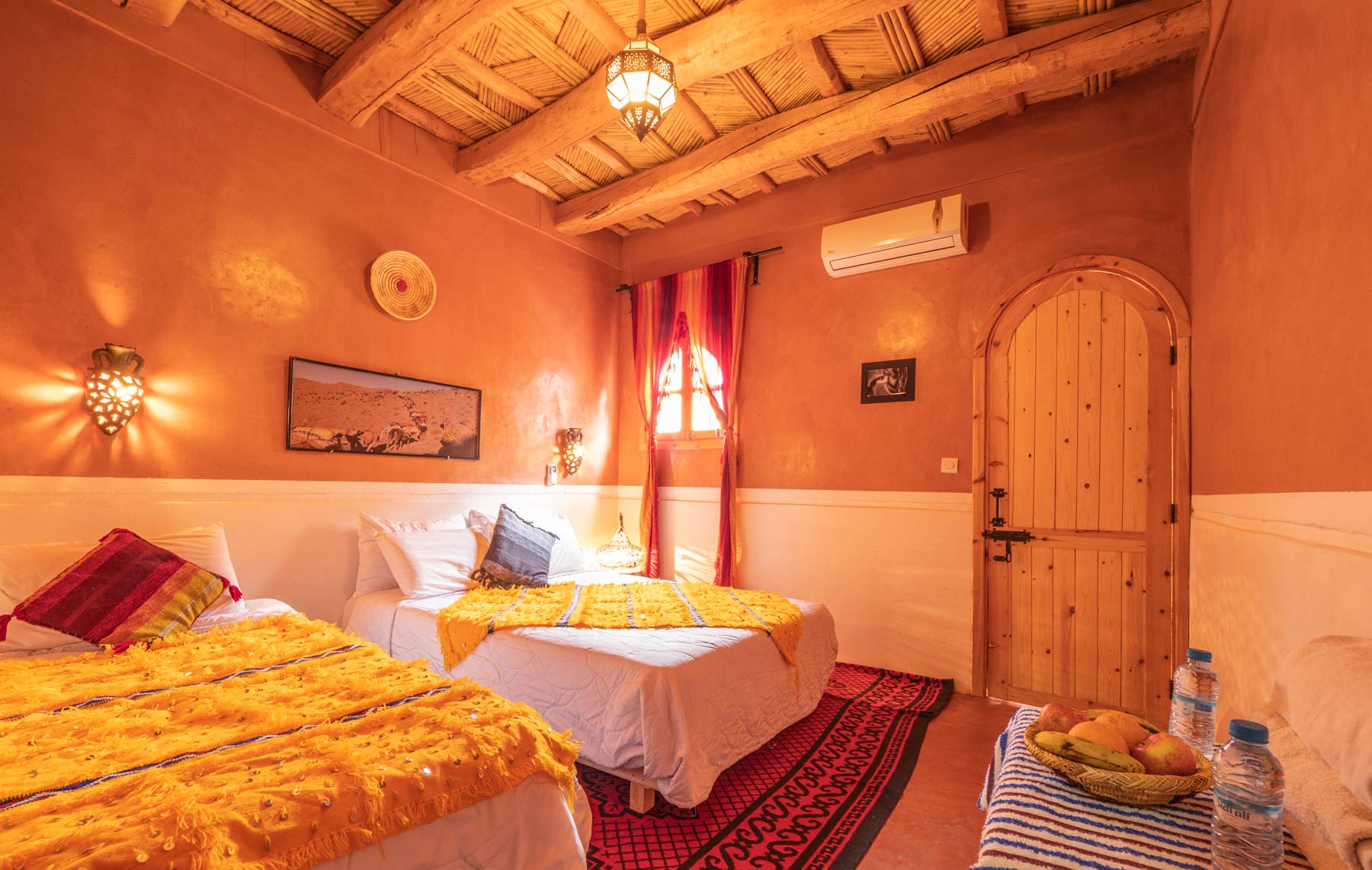
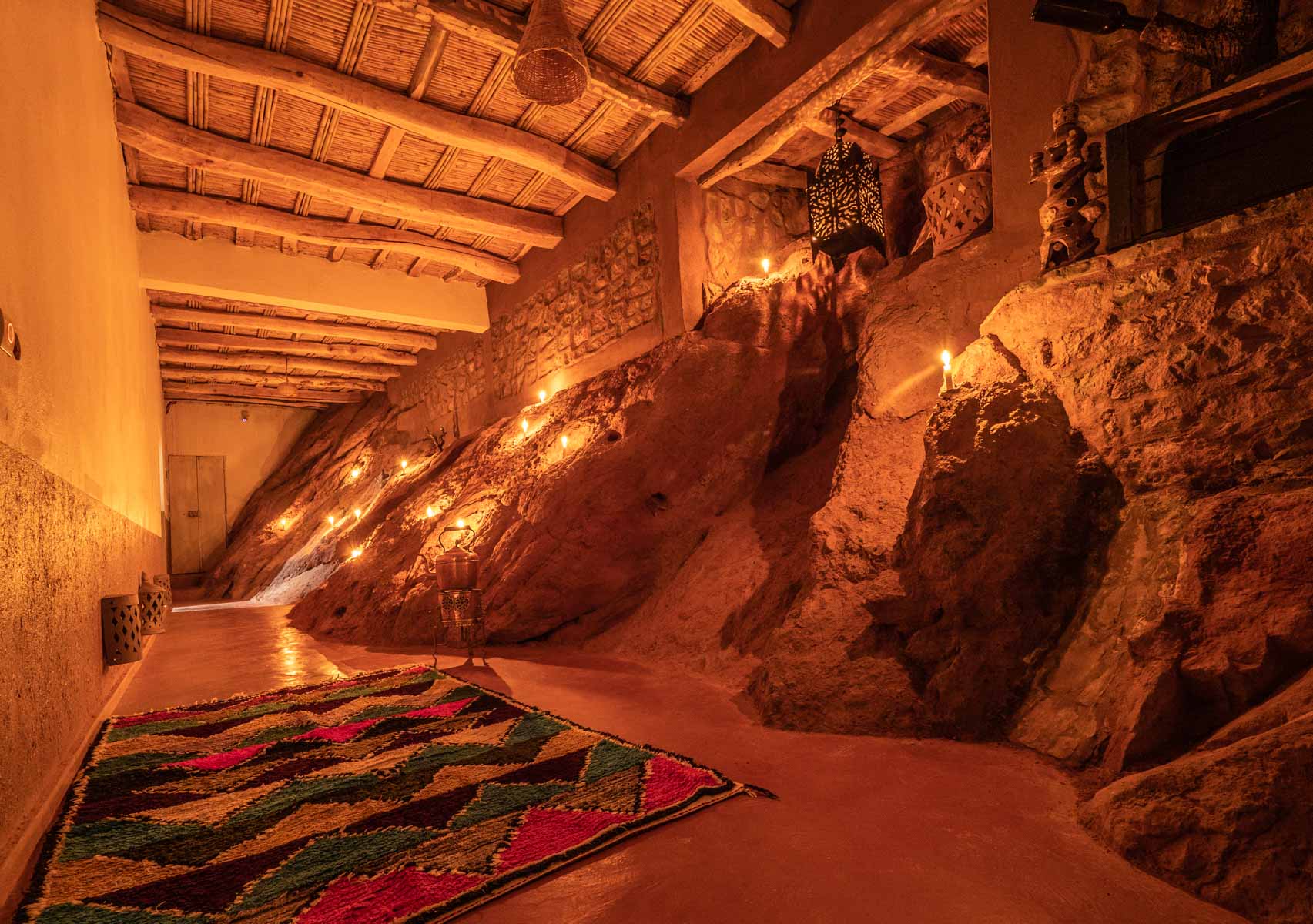
The Importance of the Atlas Mountains in Moroccan History
When exploring the rich history of Morocco, one cannot overlook the significant role that the Atlas Mountains have played in shaping the country’s culture, economy, and society. These majestic mountains, stretching over 2,500 kilometers across Morocco, have been a central feature in the country’s history for centuries.
Historical Significance
The Atlas Mountains have served as a natural barrier, protecting Morocco from invasions and providing a refuge for various Berber tribes throughout history. The strategic location of the mountains made them a crucial stronghold for resistance against foreign powers.
Cultural Heritage
The Berber people, who have inhabited the Atlas Mountains for thousands of years, have developed a unique culture that is closely tied to the rugged terrain of the mountains. Their traditional way of life, including farming terraces and ancient villages, reflects a deep connection to the land.
Economic Importance
Aside from their cultural significance, the Atlas Mountains also play a vital role in Morocco’s economy. The mountains are rich in natural resources, including minerals, which have been mined for centuries. Additionally, the fertile valleys and slopes of the mountains support agriculture, particularly the cultivation of fruits, nuts, and grains.
Tourism and Adventure
For modern-day travelers, the Atlas Mountains offer a unique opportunity to explore a landscape that is both breathtaking and steeped in history. Hiking, trekking, and visiting traditional Berber villages are popular activities for those seeking adventure and cultural immersion.
In conclusion, the Atlas Mountains stand as a symbol of Morocco’s resilience, cultural heritage, and natural beauty. Their importance in Moroccan history cannot be overstated, making them a must-visit destination for anyone looking to delve into the country’s rich past.

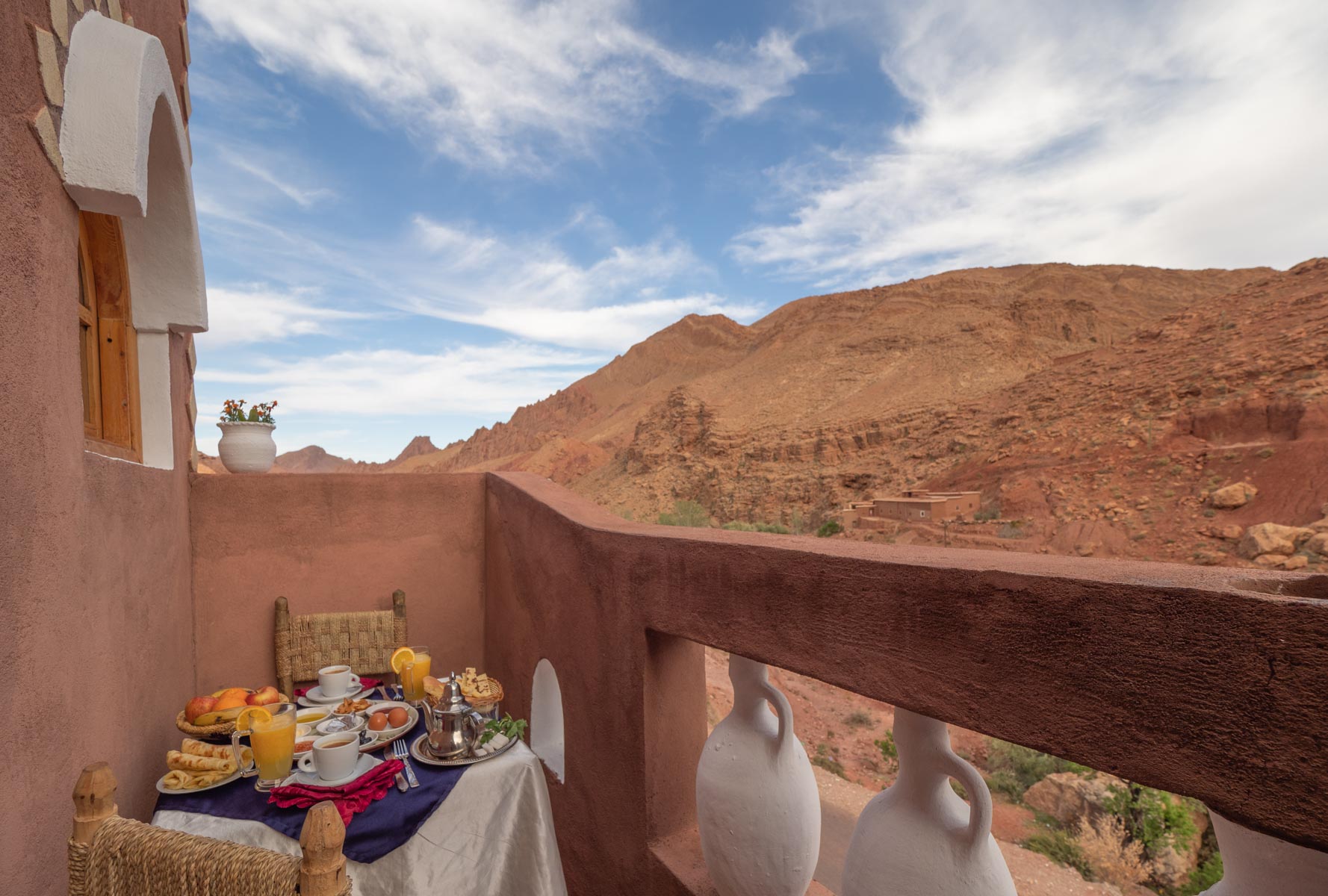
When planning a trip to Morocco to explore the fascinating Atlas Mountains, there are several recommendations to consider in order to make the most out of your experience.
Before the Trip:
Prior to embarking on your journey, it is essential to conduct thorough research about the Atlas Mountains and their historical significance in Moroccan history. Understanding the cultural and historical context will enrich your visit and provide a deeper appreciation for the region.
During the Trip:
While exploring the Atlas Mountains, it is recommended to engage with local guides who can offer valuable insights and stories about the area. These guides can enhance your understanding of the history and culture of the region, making your visit more meaningful.
After the Trip:
After returning from your adventure in the Atlas Mountains, take the time to reflect on your experiences and consider how they have impacted your perspective. Sharing your journey with others through storytelling or photographs can help preserve the memories of your trip.
For accommodation in Morocco, Auberge Atlas Dades is highly recommended as the perfect choice for travelers seeking a comfortable and authentic stay. Located in the heart of the Atlas Mountains, Auberge Atlas Dades offers breathtaking views of the surrounding landscapes and provides a peaceful retreat for visitors.
With its traditional Moroccan architecture and warm hospitality, Auberge Atlas Dades ensures a memorable stay for guests looking to immerse themselves in the beauty of the Atlas Mountains. The cozy rooms, delicious local cuisine, and personalized service make it an ideal base for exploring the region.
Whether you are a history enthusiast, a nature lover, or simply seeking a peaceful getaway, a visit to the Atlas Mountains in Morocco promises a unique and enriching experience that will stay with you long after your journey ends.



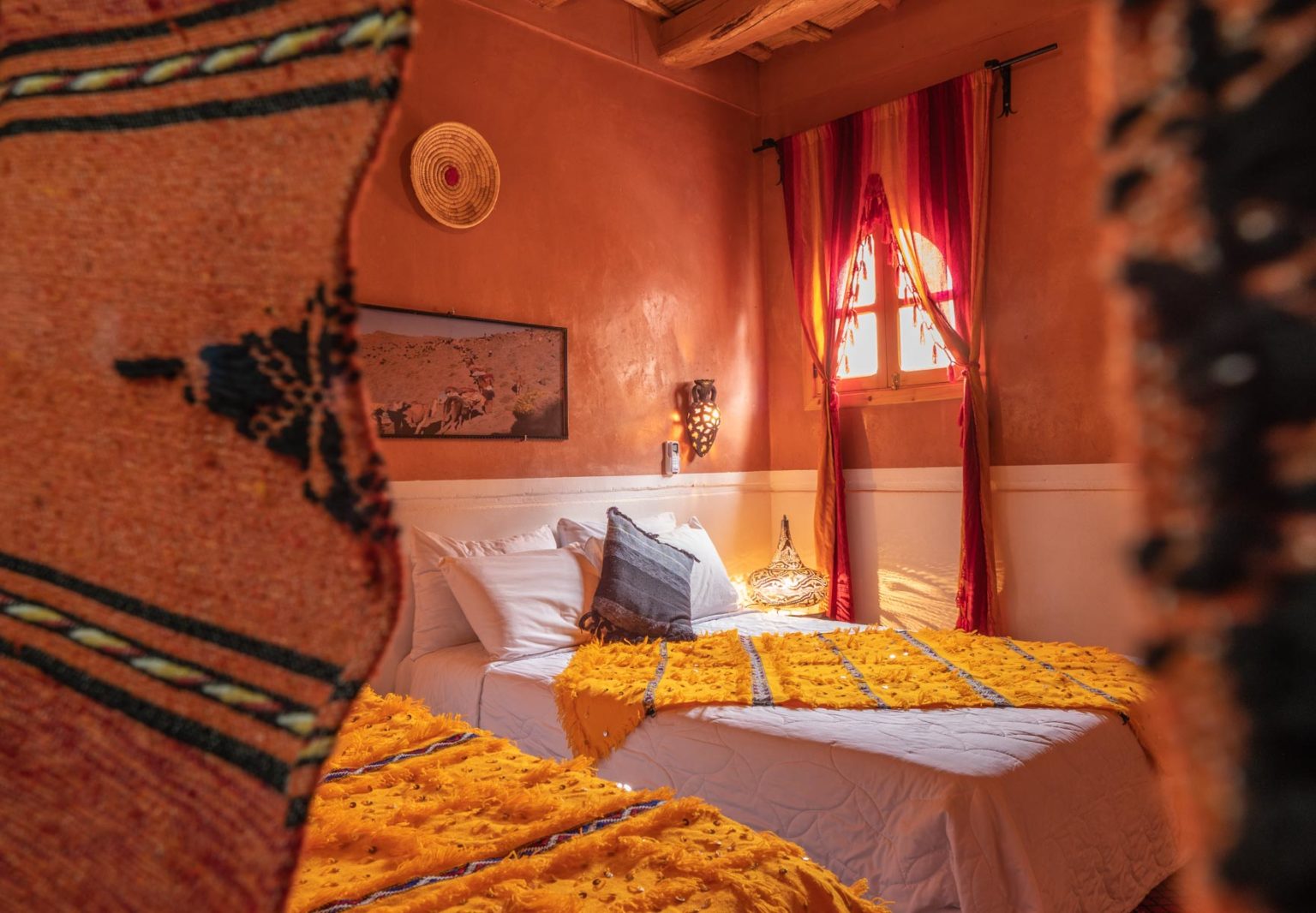
Frequently Asked Questions
1. What is the significance of the Atlas Mountains in Moroccan history?
The Atlas Mountains have played a crucial role in Moroccan history, serving as a natural barrier and a source of valuable resources.
2. How did the Atlas Mountains influence the development of Moroccan culture?
The rugged terrain of the Atlas Mountains has contributed to the diverse cultural practices and traditions found in different regions of Morocco.
3. Are there any important archaeological sites in the Atlas Mountains?
Yes, the Atlas Mountains are home to several significant archaeological sites that provide insights into ancient Moroccan civilizations.
4. What activities can visitors enjoy in the Atlas Mountains?
Visitors to the Atlas Mountains can engage in a variety of outdoor activities such as hiking, trekking, and exploring traditional Berber villages.
5. How can one access the Atlas Mountains from major Moroccan cities?
There are various transportation options available, including buses, taxis, and organized tours, to reach the Atlas Mountains from cities like Marrakech and Fez.
6. Are there any endangered species that inhabit the Atlas Mountains?
Yes, the Atlas Mountains are home to unique flora and fauna, some of which are endangered due to habitat loss and climate change.
7. What is the best time of year to visit the Atlas Mountains?
The spring and fall seasons are ideal for visiting the Atlas Mountains, offering pleasant weather and blooming landscapes.
8. Can visitors learn about the local Berber culture in the Atlas Mountains?
Absolutely, the Atlas Mountains provide opportunities for visitors to interact with Berber communities, learn about their customs, and sample traditional cuisine.
9. Are there any famous landmarks located in the Atlas Mountains?
Among the notable landmarks in the Atlas Mountains are ancient kasbahs, picturesque valleys, and the majestic peak of Mount Toubkal.
10. How has modern development impacted the Atlas Mountains?
Modern development projects have brought both benefits and challenges to the Atlas Mountains, influencing the local environment and communities.
